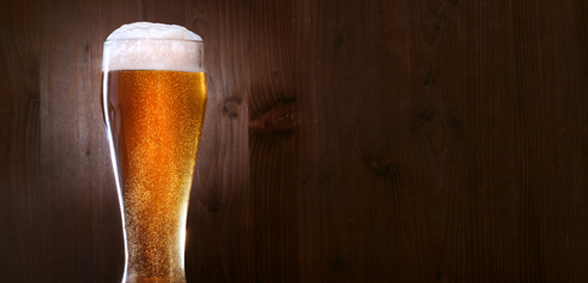
Credit: This story was first seen on The Telegraph
The Telegraph reports girls who go to private schools are three times more likely to suffer from alcohol and drug problems than other young women later in life, an American study has suggested.
‘Privileged’ students who live in comfortable houses and go to elite schools are at high risk of using cannabis, cocaine and ecstasy, the researchers found.
They were also more likely to abuse drink despite being popular among their peers, performing ‘exceedingly well’ in school and being ‘highly regarded’ by their teachers.
Boys who have grown up in affluent areas and go to ‘elite’ schools are twice as likely as other young men to experience drink and drug addiction in early adulthood.
Study leader Professor Suniya Luthar, of Arizona State University, said: “We found alarmingly high rates of substance abuse among young adults who we initially studied as teenagers.
“Results showed that among both men and women and across annual assessments, these young adults had substantial elevations, relative to national norms, in frequency of several indicators – drinking to intoxication and of using marijuana, stimulants such as cocaine, and club drugs such as ecstasy.”
The researchers studied two groups of students in affluent communities as part of the New England Study of Suburban Youth (NESSY).
They assessed the participants as high school seniors and then annually across four college years, and from the age of 23 to 27.
Prof Luthar said: “We found rates of addiction to drugs or alcohol among 19% to 24% of women in the older cohort by the age of 26, and 23% to 40% among men.
“These rates were three and two times as high respectively, as compared to national norms. Among the younger cohort by the age of 22 years, rates of addiction were between 11% and 16% among women – close to national norms, but 19% to 27% among men, or about twice as high as national norms.”
Prof Luthar said a look into their lives provides some clues to the cause of these high rates of addictions and found they all attended the best schools.
Prof Luthar said, in general, teenagers at such schools experience enormous pressures to achieve, and many come to live by the dual credos of “I can, therefore I must” and “we work hard and we play hard.”
She added: “Not all of these students were from wealthy families but most were; as parents typically had advanced educational degrees and median incomes much higher than national norms. And without question, most of the parents wanted their kids to head off to the best universities, as did the kids themselves.”
She explained the rich kids had plenty of disposable income to get high-quality fake IDs, alcohol and both prescription and recreational drugs.
And parents can be lulled into a false sense of security, believing that as their kids continue to perform well in school there could not be any serious underlying issues. She warned the findings needed to be taken on board by both parents and children “that messing with drugs and alcohol really should not be trivialised as just something all kids do”.
“The earlier children start to use and the more frequently they do, the more likely it is that they will develop addictions down the line,” she said. “And that it truly just takes one event of being arrested with cocaine, or hurting someone in a drunken car accident, to derail the high profile positions of leadership and influence toward which they are working so hard for the future.”
She said it would also help to reduce the “enormous pressure” such youngsters are under trying to get into only the most selective universities.
Prof Luthar said: “As long as university admissions processes continue to be as they are – increasingly smaller number of admits per applications and requiring impossible resumes – these young people will continue to be frenetic in pursuing those coveted spots – and many will continue to self-medicate as a result.”
